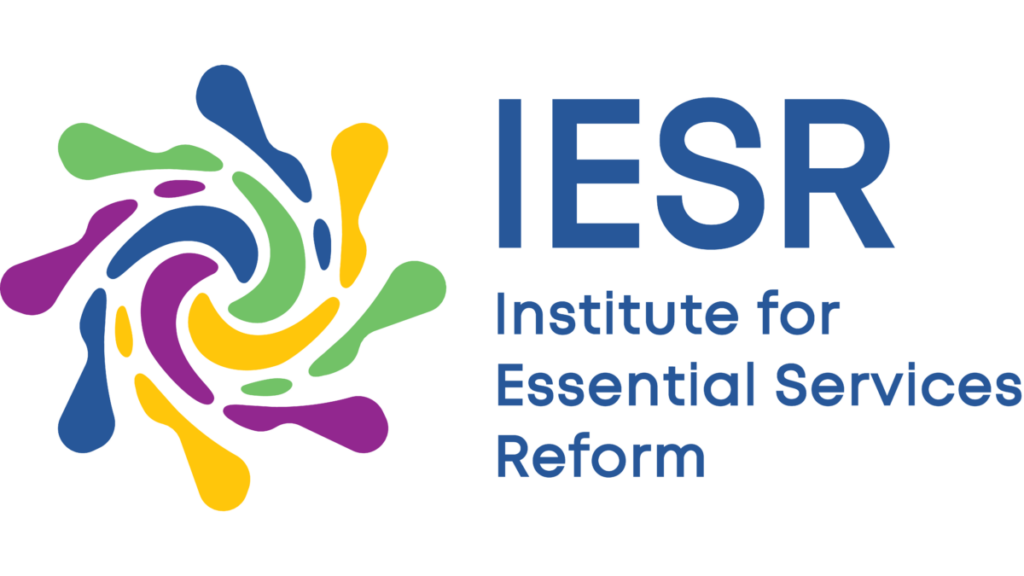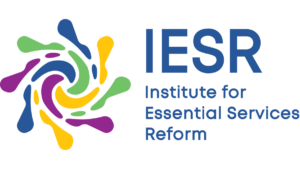Background
There has been a dash for captive power plants, particularly the coal-fired power plant, for the last few years in Indonesia. This coincides with the government’s efforts for the industrial downstream strategy. By 2023, around 23 GW of captive power plants are in operation, with 13-14 GW being coal-fired power plants (CFPP). The captive power plants’ capacity is expected to continue increasing until 2030, with an additional capacity of around 20 GW. Both the operational and additional captive CFPP capacities are predominantly supplying the energy needs for nickel smelting.
The JETP joint statement agreed between Indonesia and the International Partners Group (IPG) countries indicates that the peak emissions of the power sector in 2030 should be 290 MtCO2. Throughout the process, the published Comprehensive Investment and Policy Plant (CIPP) only includes the decarbonization pathway for grid-connected power plants (on-grid), leaving captive power plants that will be analyzed the following year. Therefore, the Technical Working Group (TWG) of JETP has been conducting an analysis for captive power plants effectively since February 2024. Activities undertaken to date include identifying possible interventions at the asset level using Multi-Criteria Decision Analysis (MCDA) and estimating the most optimal configuration for each asset using industry-standard modelling tools. The analysis will then be included in the updated CIPP document, which will be published in November 2025.
The IESR’s work will be a complementary analysis to JETP’s already ongoing captive power plant analysis. Given the limited time required to implement the JETP itself, this work will involve a project case study of the updated CIPP and provide recommendations to accelerate its implementation. The selection of case studies will be based on an analysis conducted using appropriate and relevant academic methodologies. The output of this work will be the basis for IESR advocacy to relevant stakeholders. One of the main beneficiaries is captive power asset owners. Other beneficiaries include the government, namely the Ministry of Industry and the Ministry of Energy and Mineral Resources (MEMR), especially in the developed database and the policy recommendations.
In order to obtain more insights from the private sector regarding decarbonization of captive power plants, IESR had conducted a 1-on-1 interview with them. Based on the interviews, several obstacles were faced by some business area holders to meet their consumers’ need to access clean energy to achieve their net-zero emission target. Therefore, a deep-dive analysis related to the legal in the business area to support captive power decarbonization should be conducted to provide a comprehensive understanding of intervention options in the business area, specifically outside the PLN’s business area.
Objectives:
- Identifying and landscaping the condition, development, and operation in the business area outside PLN’s business area in Indonesia.
- Analyze various regulations and policies, both those issued by the government, such as the Minister of Energy and Mineral Resources Regulation 11/2021, and those issued by internal business areas that regulate expansion, licensing, procurement, purchasing of electricity, and transmission leases.
- Preparing a comprehensive recommendation based on the analysis results to support decarbonization pathway for captive power plants.
Timeline Proposal
Prospective service providers must submit a proposal package consisting of a technical proposal (background, tasks to be performed, methodology, schedule), a cost proposal (total proposed labor rates and other costs), and a relevant resume and portfolio. All bidders are also required to submit administrative bid documents, which can be downloaded through this link IESRBidderStatementLetterFolder
Proposal submission is open until November 3, 2025 at 11:59 PM WIB, addressed to the Program Manager Energy System Transformation at deon@iesr.or.id and cc to dwicahya@iesr.or.id, and ninette@iesr.or.id. Please write “RFP Response – Proposal – Deep-Dive Analysis – [Your Organization Name]” in the subject line of the proposal. All proposals must be signed by the official organization or representative of the organization submitting the proposal.
RFP-Deep-Dive-Analysis-regarding-Business-Area-Extended-signed
Download


